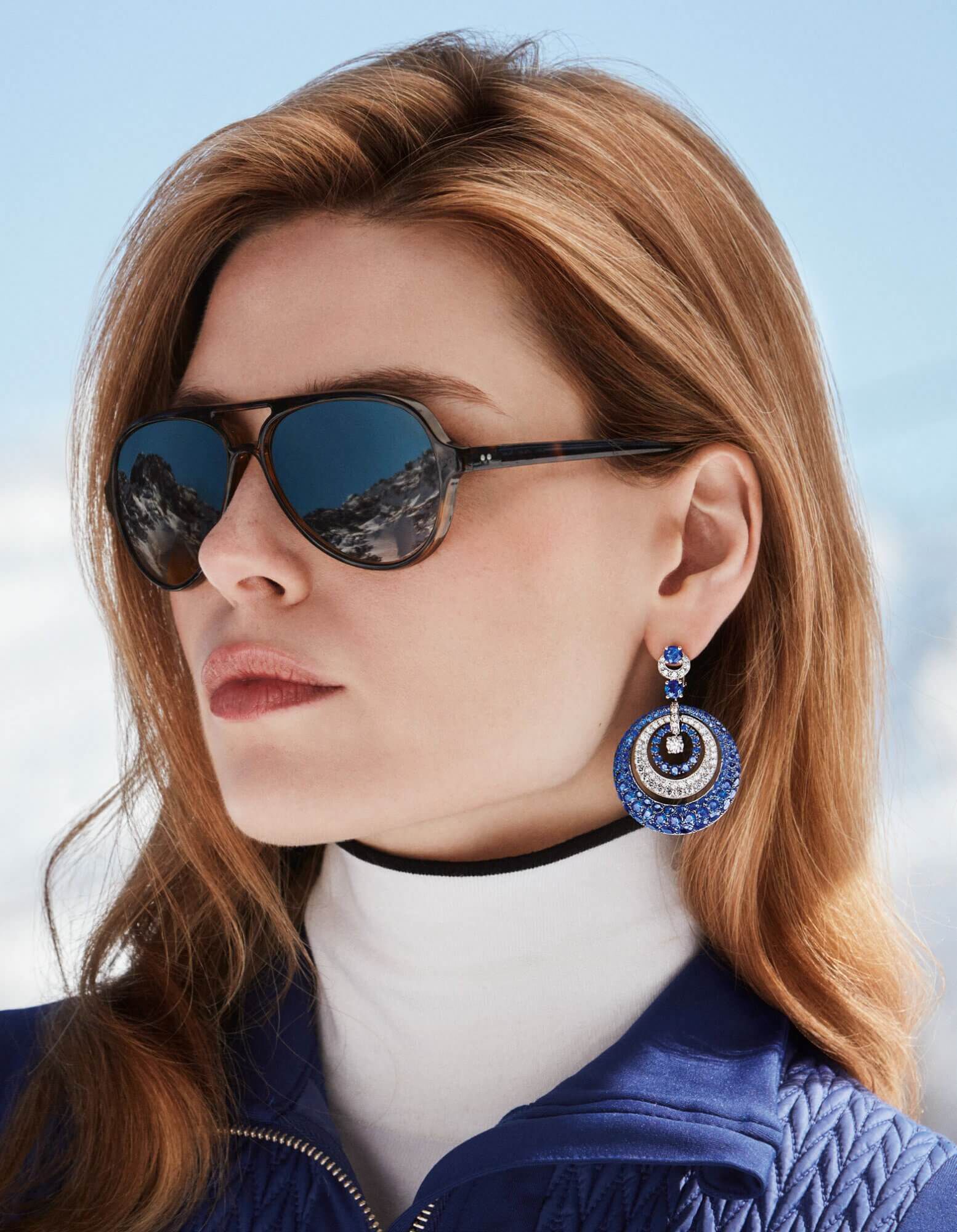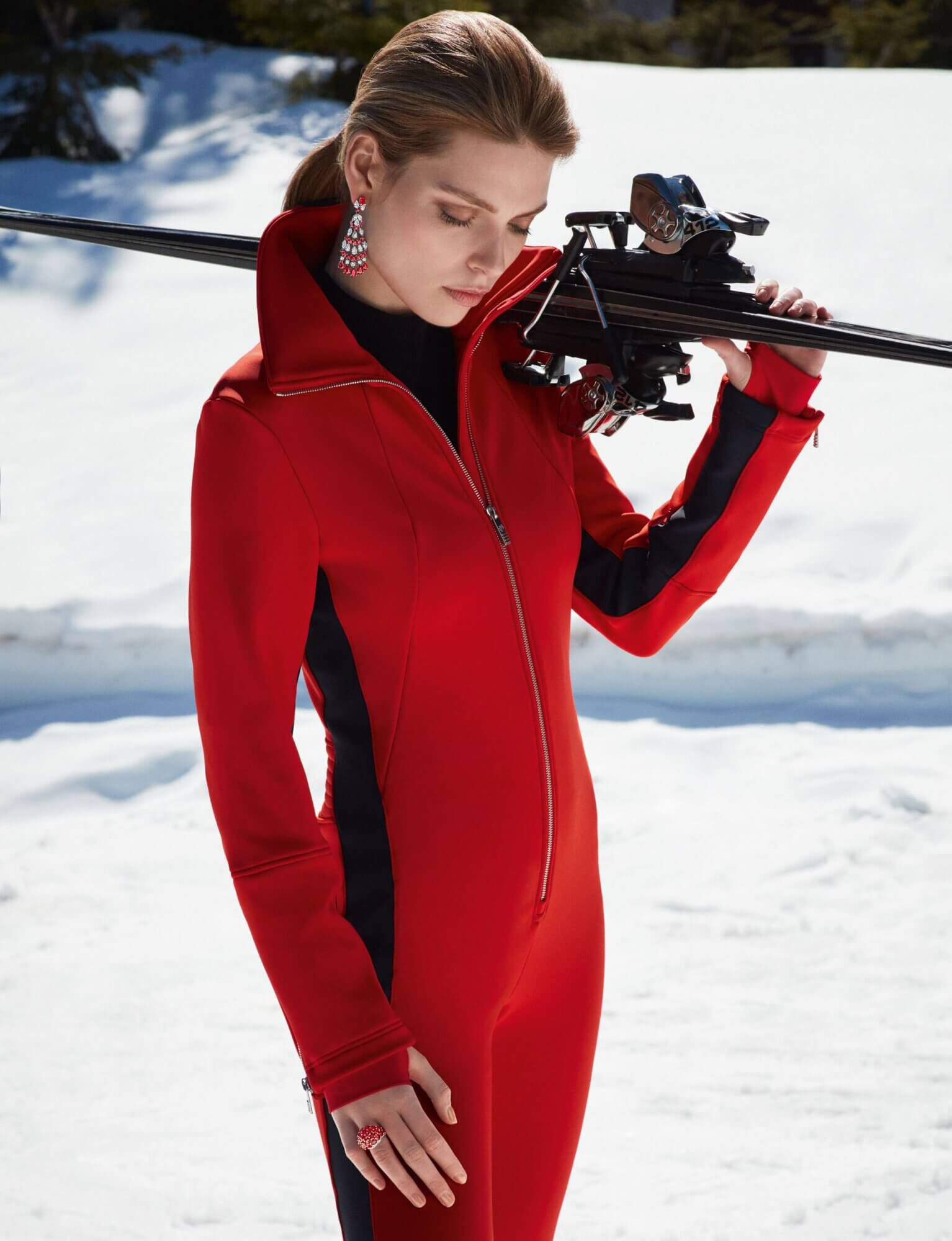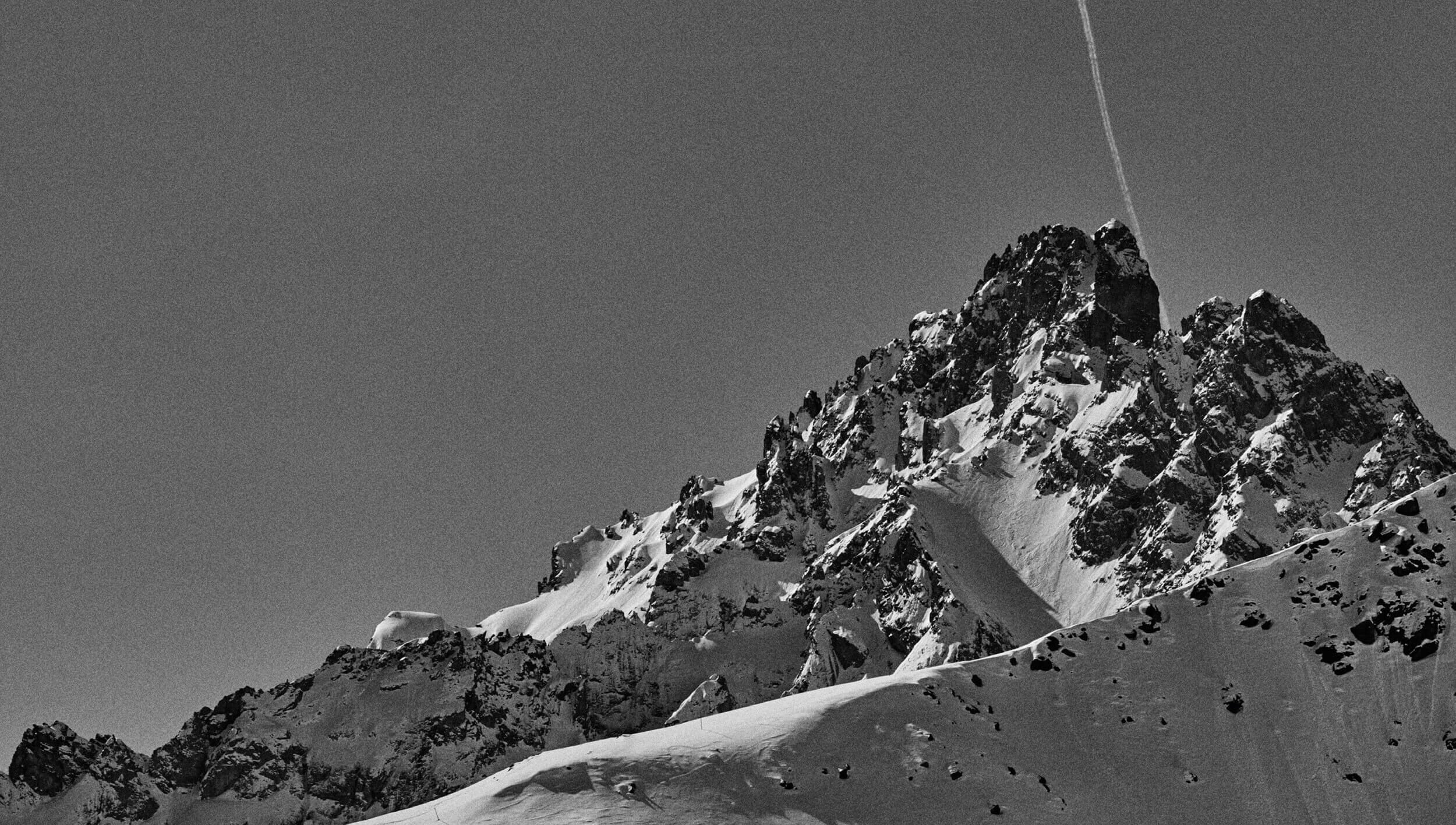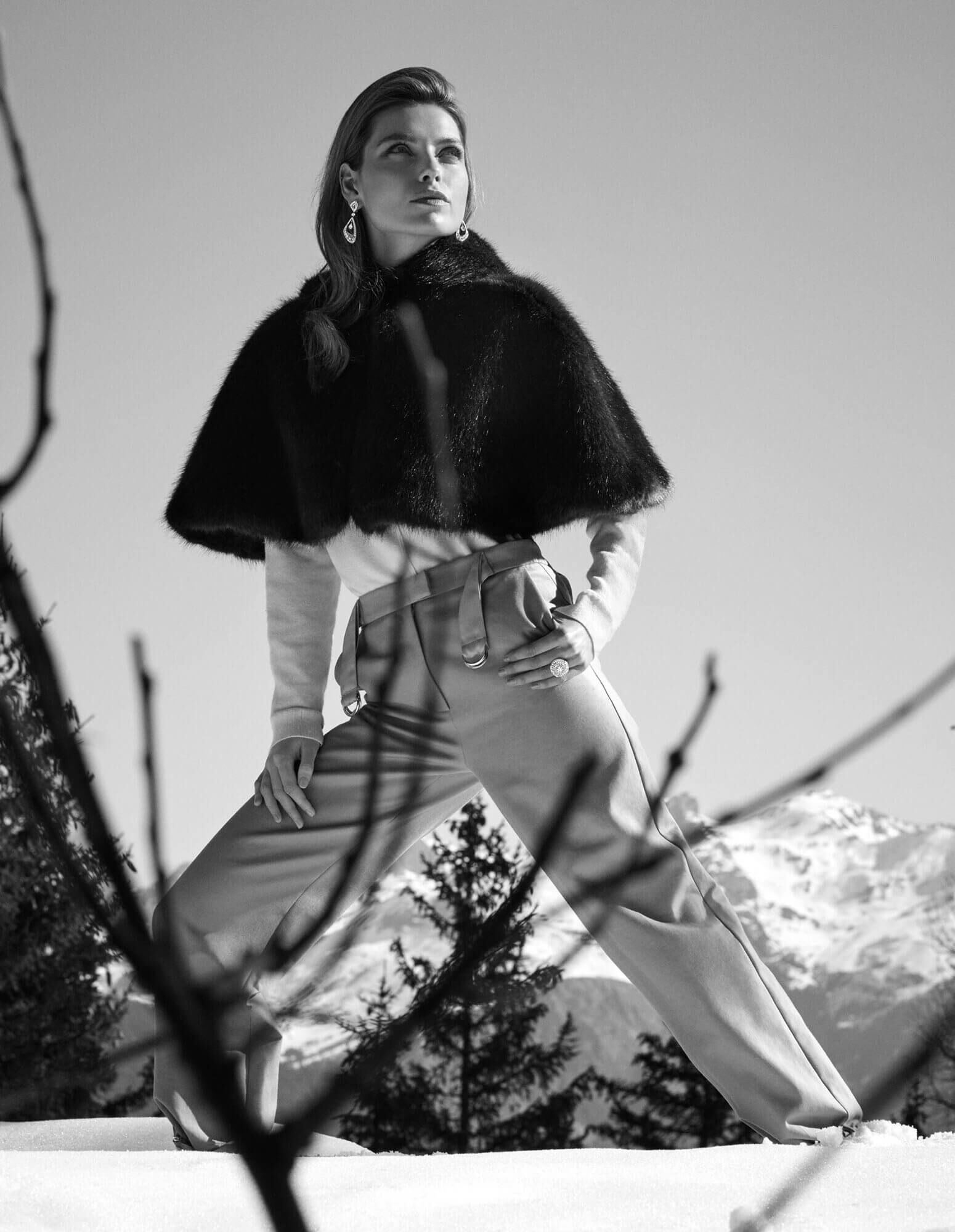Peak Condition: Courchevel & Gstaad
EDITORIAL
World-class gastronomy, immaculate slopes and the pinnacle of après-ski glamour – why Courchevel and Gstaad are the jewels in the crown of Alpine skiing.

The ingredients of that pleasure might be the epic mountain vista that still takes your breath away, the run you’ve skied down more times than you can remember (and which you sometimes ski in your dreams) or the restaurant where the maître d’ knows your name and the barman starts mixing your cocktail of choice as you walk through the door. And while destinations like Courchevel, Gstaad and St Moritz might share all of the qualities above, some of their distinct characteristics are down to their own respective histories.
Let us not forget that, in centuries past, life in the Alps was hard. Short summers, fierce winters and poor communications meant poverty was endemic, and communities would routinely send their men away to look for work. The Swiss, for example, marched off far and wide to fight in other people’s armies. The Ladins of the Dolomites, meanwhile, worked in Germany as house painters. Now the world comes to them – and it’s not just the snow that sparkles in the sunshine, but champagne flutes, supercars and, of course, diamonds.
But each and every ski resort has its own particular appeal, and perhaps, to a certain extent, its own partisans – those ski lovers who return time after time, year after year. They come back for the particular delight that is a rehearsed pleasure – that one you know, love and eagerly anticipate.
There are no fewer than 20 five-star hotels, while the road to Courchevel’s mini-airport leads to some fabulous private chalets…

Although St Moritz was the first, these days both Courchevel and Gstaad have overtaken the Swiss grande dame in the glamour stakes. You might not sense this, however, if you stood at La Croisette, Courchevel’s hub of lifts and pistes. The resort is part of France’s vast Les Trois Vallées ski area, and the overwhelming first impression is of a destination dedicated to sport. But hidden away among the trees is the glitz – in abundance.
There are no fewer than 20 five-star hotels here, three of which are in the even more elevated Palace category, while the road to Courchevel’s mini-airport, or Altiport, leads to some fabulous private chalets. Many are available to rent, complete with Michelin-standard chefs and platoons of staff. This, coupled with broad, inviting and beautifully groomed pistes – perfectly suited for intermediate-level skiers – contribute to the resort’s enduringly popularity.
Lunch is undeniably the key event in the Courchevel day, and every slope is studded with come-hither restaurants. Foodies will want to ski over to La Bouitte, in Saint-Martin-de-Belleville, to worship at the gastronomic temple of René and Maxime Meilleur. But for people- watching, Le Cap Horn, just above the Altiport, is the place to be. Its vast terrace is buzzing whenever the sun comes out, and there’s a sense of social theatre as waiters and guests sweep along its plush red carpets. Needless to say, the menu and the wine list both reflect the affluence of the clientele.
So, will this connection between the Alpine winter and the rich and famous endure? “Yes, of course,” says Patrik Wiederkehr. “As long as the snow falls, people will always come to The Alps. Snow awakens a sense of wonder in everyone – whether they’re young or old – and a sense of fun too. It makes the mountains irresistible.”
Graff, Courchevel, Rue du Rocher Tel: +33 4 79 24 59 12
Graff, Gstaad, Alpina Tel: +41 33 744 74 80
Graff, Gstaad, Promenade Tel: +41 33 733 81 10



